Marine Circular Bioeconomy
Overview:
At present, the global food production system is not sustainable. Although enough food is produced to meet the nutritional demands of the 7.8 billion people alive today, it is estimated that one quarter of the world’s population is malnourished, with two billion people consuming diets that are deficient in micronutrients and 815 million people unable to secure enough calories to meet their minimum daily energy requirements. Today’s nutritional gap results primarily from the inequitable distribution of food. However, unequal access to food is just one aspect of the food sustainability problem that the world will face as we approach midcentury.
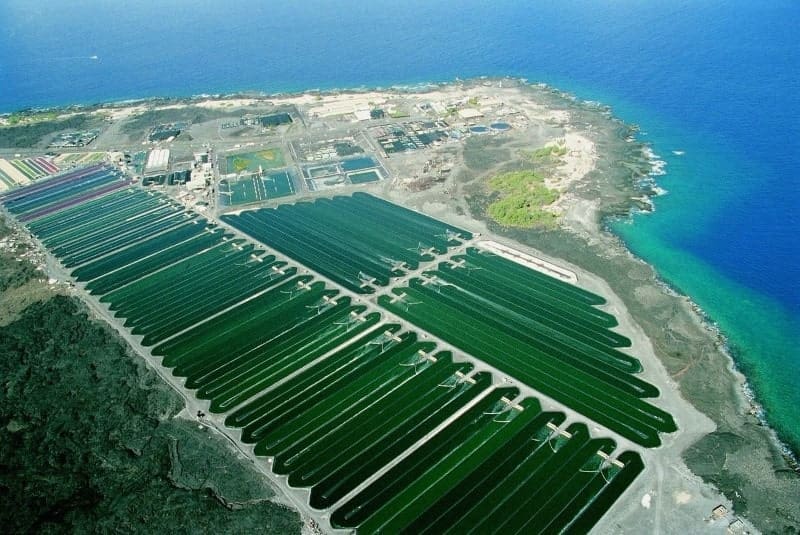
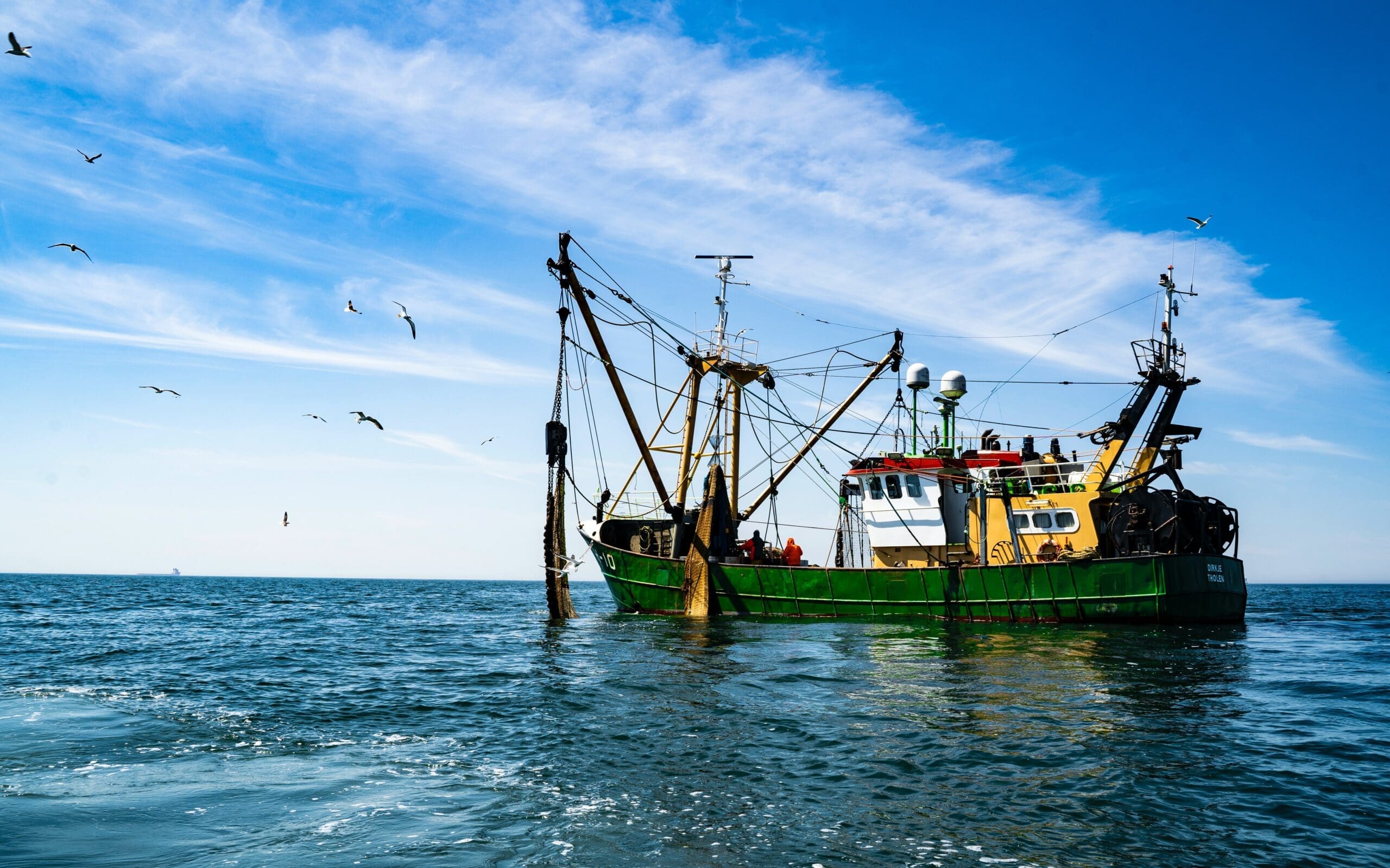
Objectives:
The primary goal of this task force is to explore the potential of marine aquaculture for sustainably intensifying global food production. All forms of marine aquaculture will be considered, from micro- and macroalgae to fin- and shellfish. Sustainability issues to be quantified relative to the current global food production system will include reductions in GHG emissions, energy use, arable land footprint, eutrophication, and biodiversity loss.
Secondary objectives of the task force will be to consider the role of marine aquaculture in the coastal circular bioeconomy, with a special focus on the recycling of materials in algae-based wastewater treatment and the co-production of bioenergy and biomaterials. Bioenergy uses include microalgae-based liquid fuels for the transportation sector and macroalgae-based liquid and solid fuels for the transportation and power sectors, respectively. Biomaterial uses include microalgae-based petroleum product substitutes, such as plastics, foams, and carbon fiber.
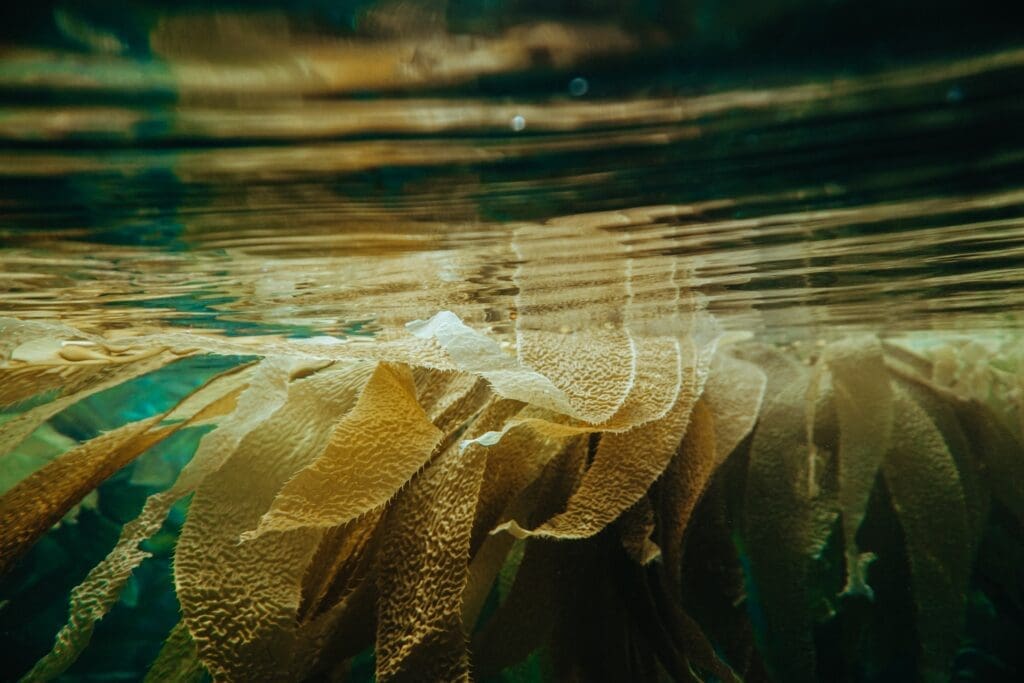
CO-CHAIRS of Marine Circular Bioeconomy Development Team
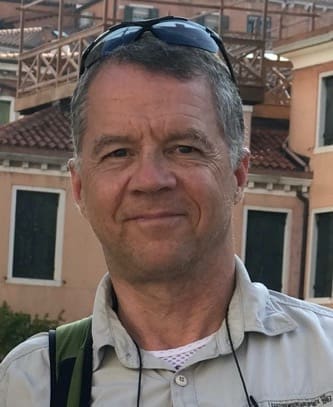
Chuck Greene
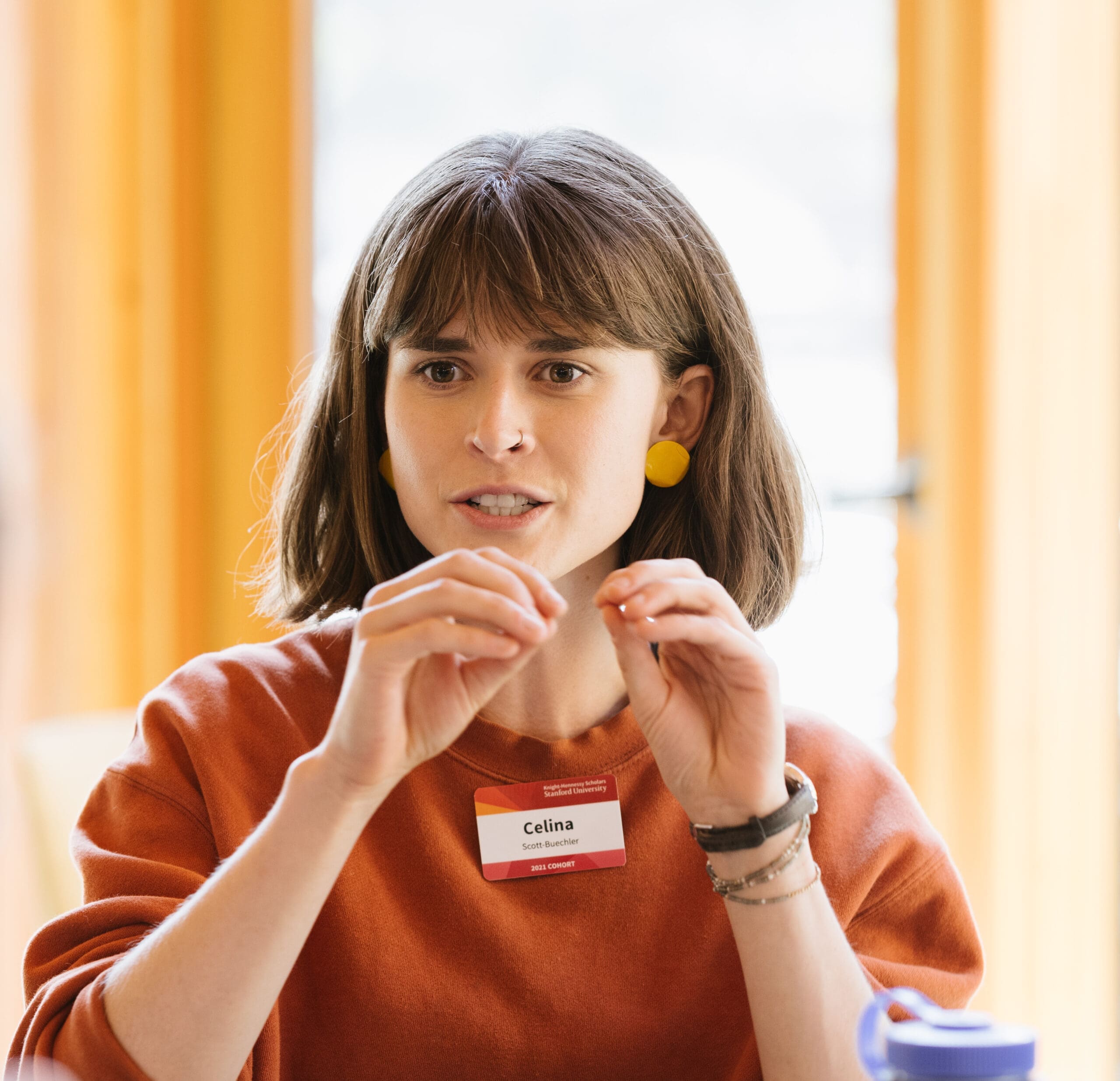
Celina Scott-Buechler
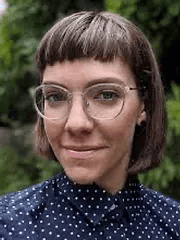
Halley Froelich
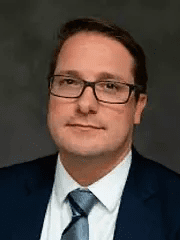
David Babson
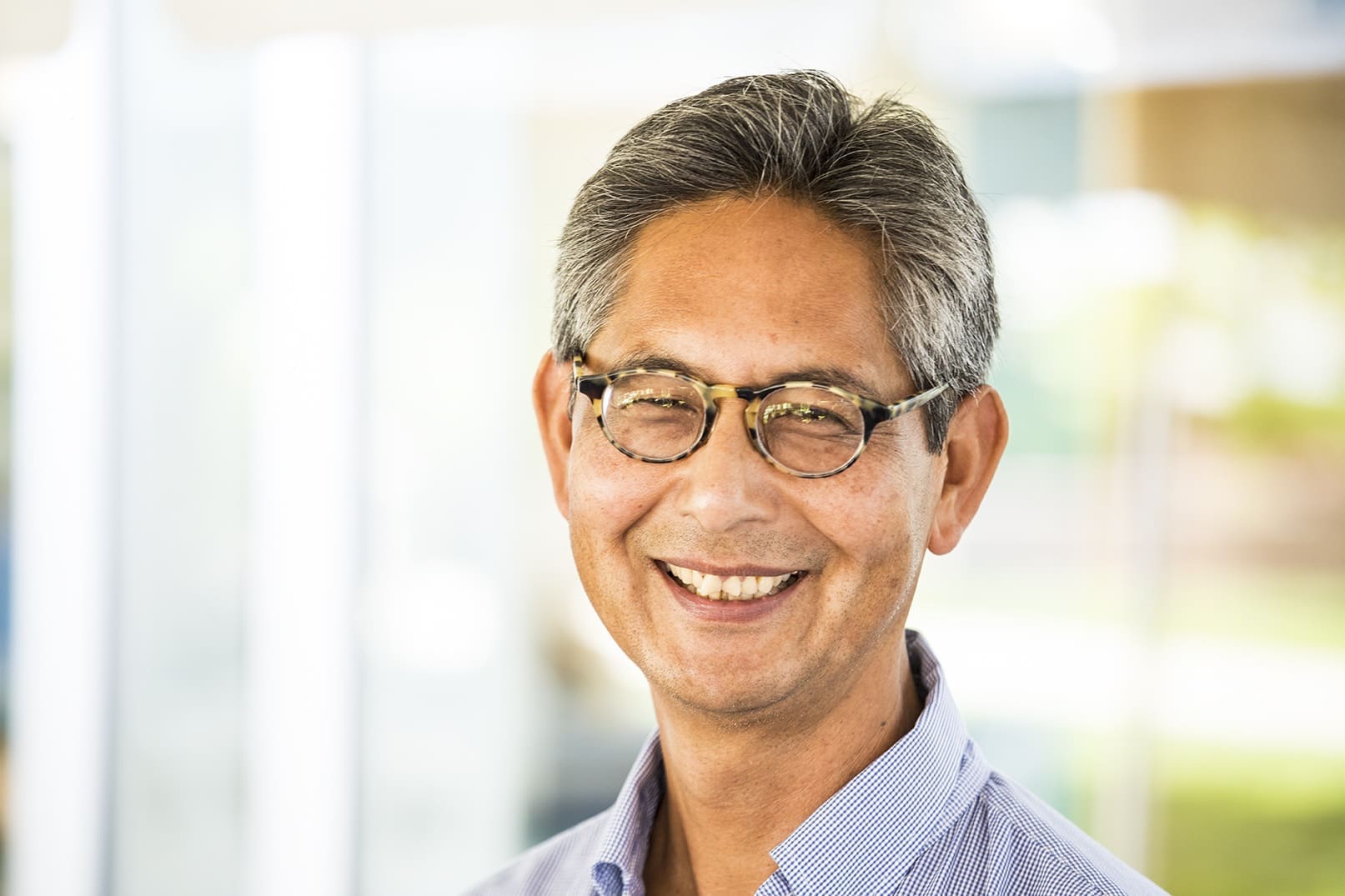
Rod Fujita
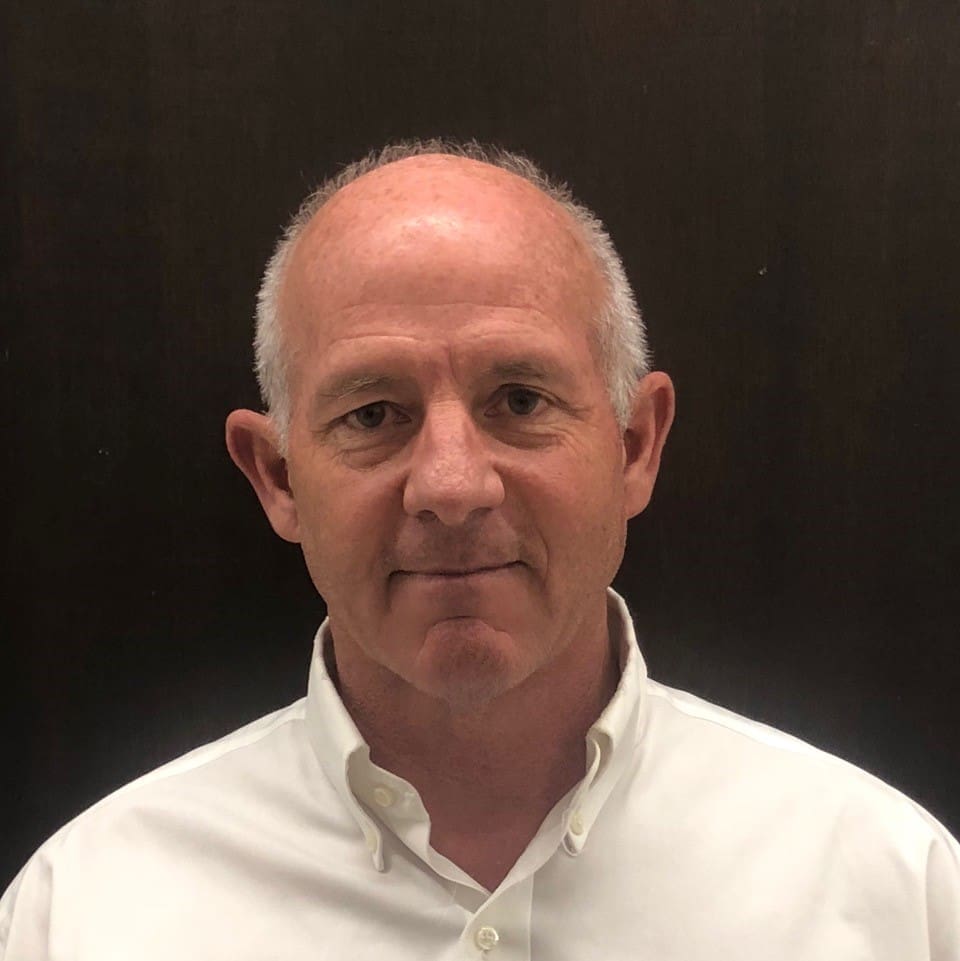
Steve Mayfield
Ocean Visions Summit 2021
Marine Circular Bioeconomy: Sustainable Food, Bioenergy, and Biomaterials from the Sea
The primary goal of this session was to explore the potential of marine aquaculture for sustainably intensifying global food production. All forms of marine aquaculture will be considered, from micro- and macroalgae to fin- and shellfish. Sustainability issues to be quantified relative to the current global food production system will include reductions in greenhouse gases emissions, energy use, arable land footprint, eutrophication, and biodiversity loss. The secondary objectives of the session were to consider the role of marine aquaculture in the coastal circular bioeconomy, with a special focus on the recycling of materials in algae-based wastewater treatment and the co-production of bioenergy and biomaterials. Bioenergy uses include microalgae-based liquid fuels for the transportation sector and macroalgae-based liquid and solid fuels for the transportation and power sectors, respectively. Biomaterial uses include microalgae-based petroleum product substitutes, such as plastics, foams, and carbon fiber. Possible themes include the future of aquaculture and food from the sea, the future of algal biomaterials and energy from the sea, finding the ocean’s sweet spot in the climate, energy, food, and water nexus.
Marine Circular Bioeconomy Workshop - Oct. 2021
This workshop explored the potential role of algae-based marine aquaculture in filling the protein gap in human nutrition by 2050 as well as the multi-faceted role of algae in achieving climate, energy, and food security by 2050.
Specific topics explored included the following:
• Microalgae and microalgae in the marine circular bioeconomy,
• Algae and the future of marine aquaculture: animal feeds, aqua feeds, and direct human nutrition,
• Algae-based approaches to bioenergy with carbon capture and storage,
• Offshore macroalgae culture in the open ocean.
Keynote Plenary Talks: Algae Technologies for a Sustainable Future
• Charles Greene (Speaker) Ocean Visions (Algae and the Future of Marine Aquaculture)
• Celina Scott-Buechler (Speaker) Stanford University (Bridging Sustainable Protein Gaps: Analysis of Marine Microalgae’s Potential for Human Nutrition)
• Colin Beal (Speaker) B&D Engineering (How can marine algae alleviate the potential hunger caused by BECCS?)
• Neil Sims (Speaker) Ocean Era (Offshore Macroalgae Culture in the Tropics: The Imperatives, and the impediments)
Keynote Plenary Talks: Thinking Globally
• Xingen Lei (Speaker) Cornell University (Can microalgae become an alternative feed protein?)
• Rusty Brainard (Speaker) Red Sea Project (Piloting a Marine Circular Bioeconomy to Enhance the Environment Through Science-Informed Regenerative Tourism)
• Eugene Wang (Speaker) Sophie’s BioNutrients (From Singapore’s 30 by 30 strategy to global food security amid the pandemic – why microalgae hold the best solution?”)
• Rod Fujita (Speaker) Environmental Defense Fund (Carbon capture with no regrets: an integrated mariculture
system in the Philippines)
Status:
October 2021
Marine Circular Bioeconomy Workshop - Completed
TBD
Demonstration project developed in Hawaii when funding is secured